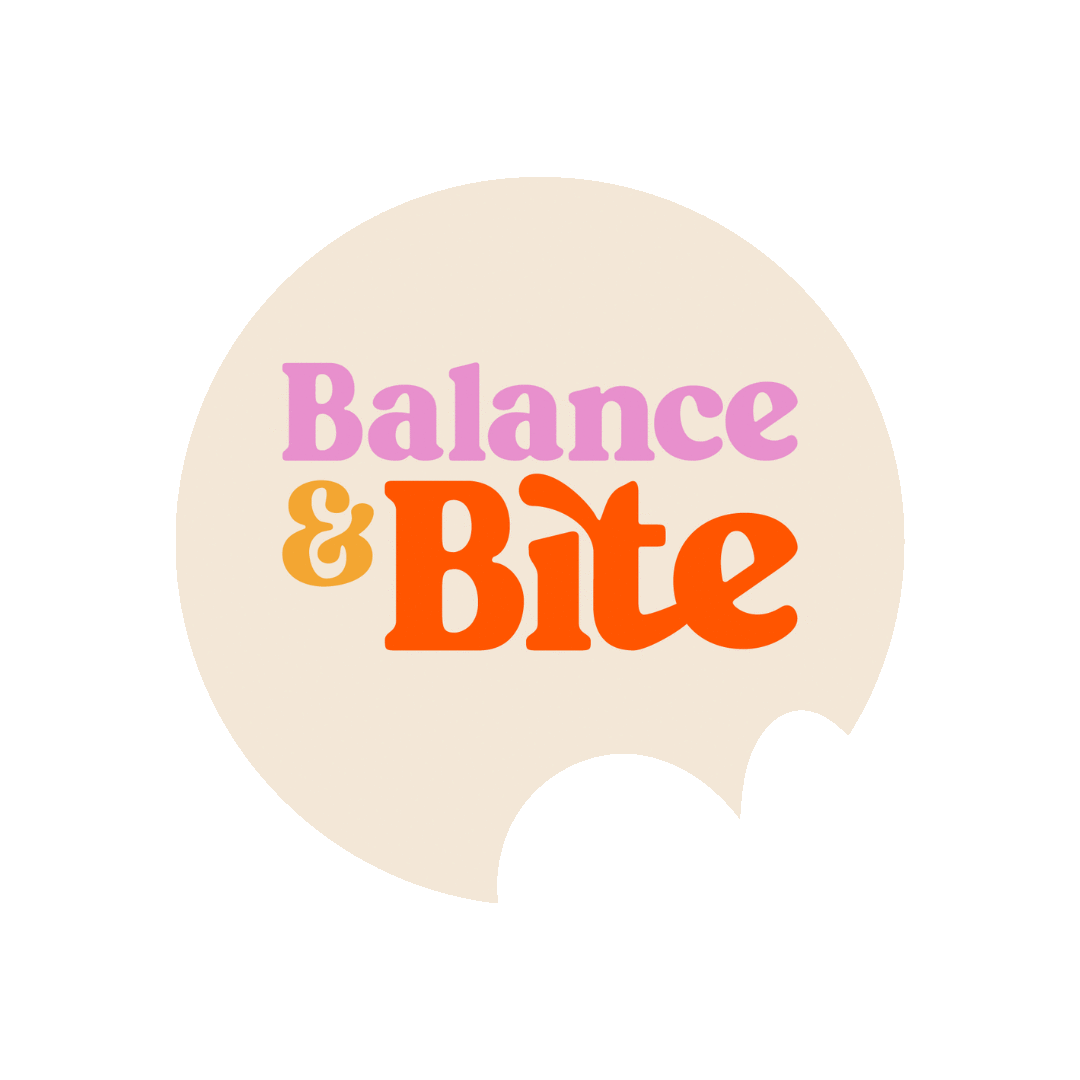

The Blog
Read this post →
If you’re constantly reaching for lollies, chocolate, sweets and sugar and want to stop, this is the article for you. Get the strategies I’ve used with hundreds of clients to help them take back control over their sugar cravings.
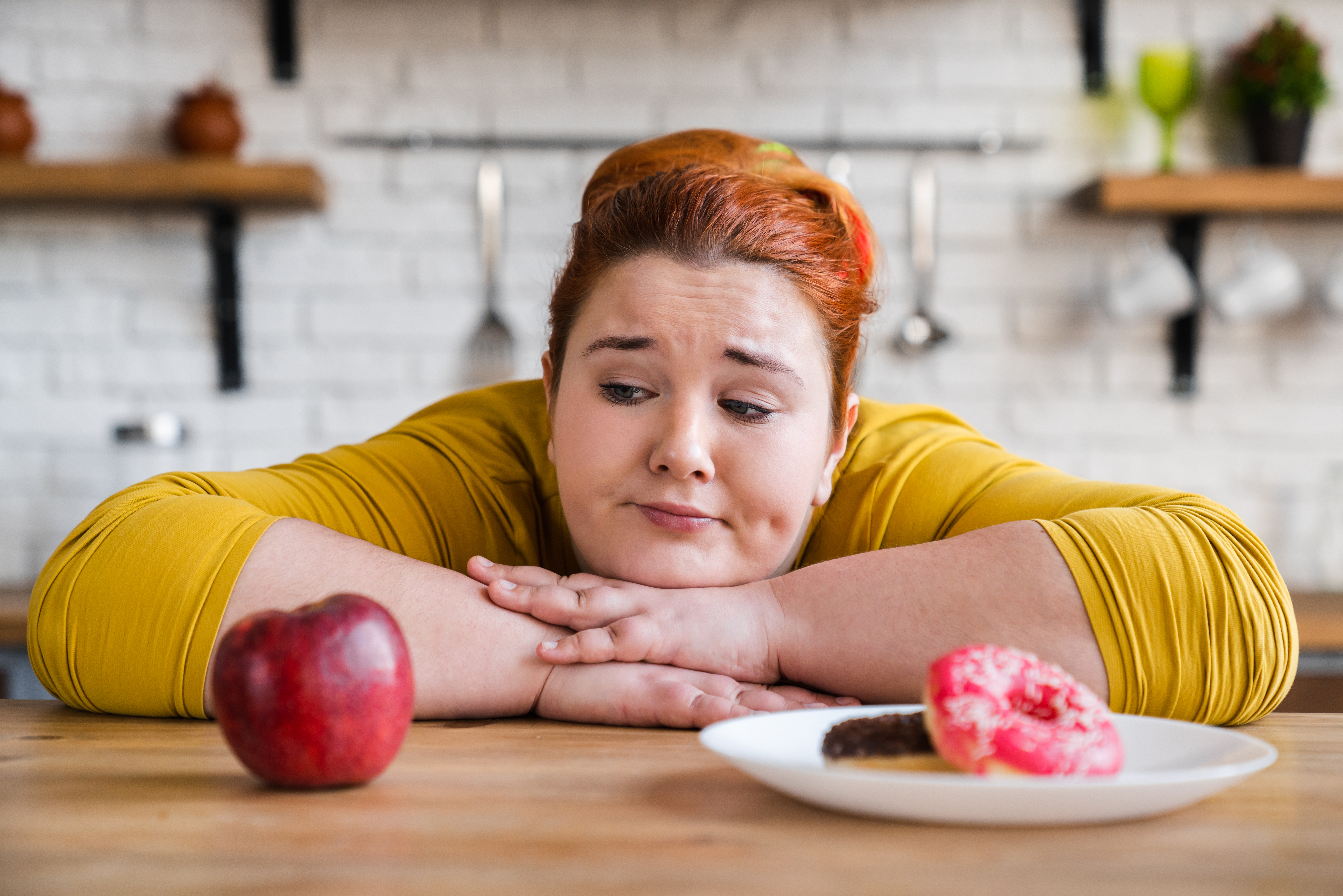

Read this post →
When you start working with a dietitian to help you recover from your eating disorder, it’s normal to feel scared. There’s often an idea that we’ll tell you to stop doing everything you’re doing, to make you change everything straight away, or worse, to make you let go of all structure.
We use an evidence-based RAVES model, which helps create structure and safety in eating disorder recovery and nutrition rehabilitation.


Read this post →
Boredom eating, as it sounds, is eating food when you’re bored. If you’re reaching for snacks, particularly chips, lollies, or chocolate, when you’re not hungry to distract you or provide entertainment and stimulation, we’d classify this as boredom eating.



Read this post →
If you’re feeling nervous, anxious or overwhelmed about working with an eating disorder dietitian, we get it (especially if you’ve had a bad experience with a traditional dietitian in the past).
In my experience, most of this anxiety comes from the uncertainty of not knowing what an eating disorder dietitian does. Because, like anything in life, the unknown is scary AF. Want a better understanding of what an eating disorder dietitian does and what to expect when working with one? Keep reading or listen to this podcast episode 👇


Read this post →
Sick of Googling “How to heal my relationship with food”? You’re not alone. It’s the most common request I hear from my clients: women who’ve spent decades using food as either punishment or reward and, as a result, have a love-hate relationship with food. If you want to stop instantly turning to food to cope with boredom, loneliness, and other emotions only to beat yourself up for having no control over food, this article’s for you.


Read this post →
“I feel so guilty for binge eating,” said almost every client I’ve ever worked with. While using food to cope with our feelings can feel good in the moment, it’s quickly followed by guilt, shame, and negative self-talk. What I see as a binge eating dietitian is how we feel after a binge, which can lead to more bingeing, creating a vicious cycle that’s hard (but not impossible) to break.


Read this post →
Understand what is the binge restrict cycle, how it’s the perfect storm for failure and also give you tools to break free from it!
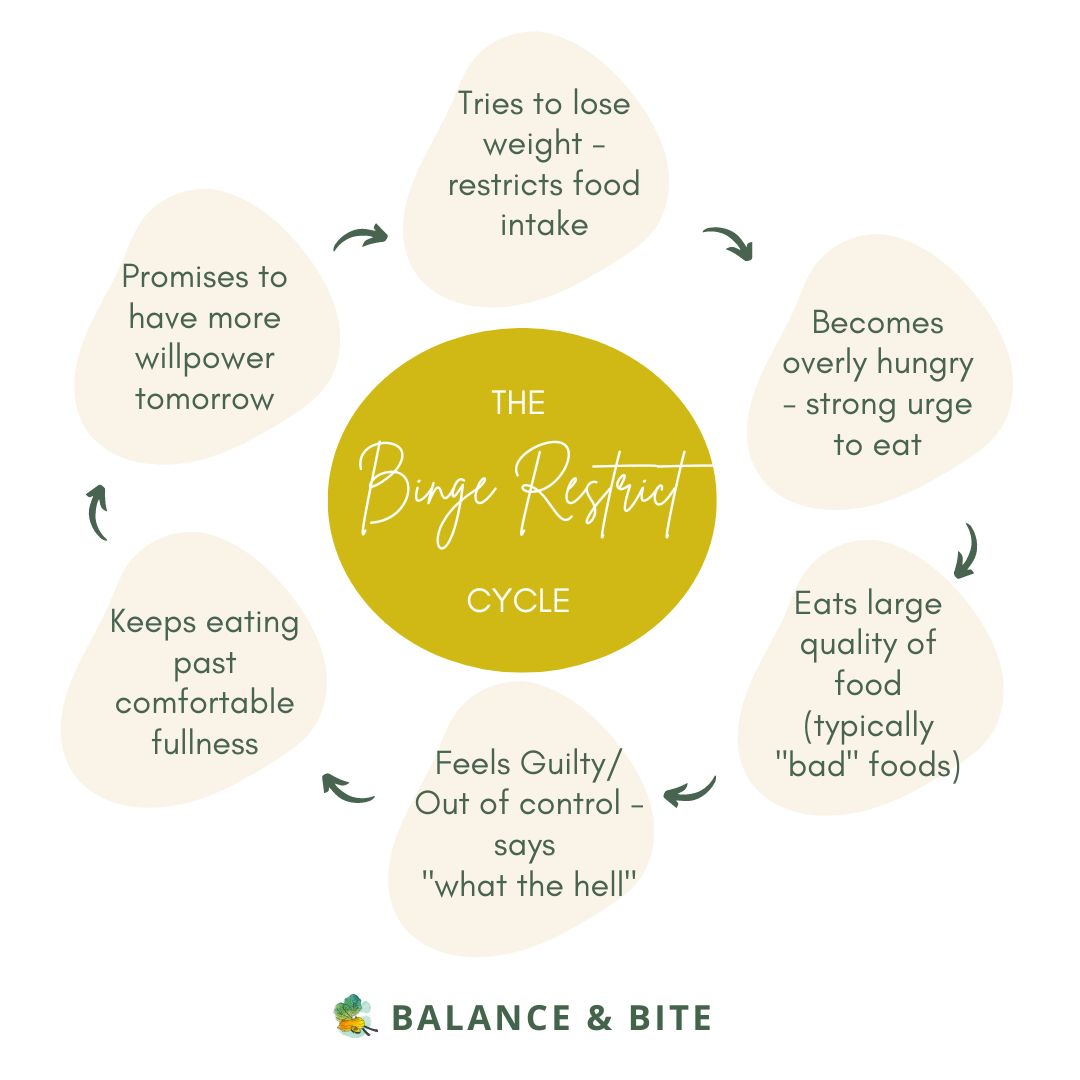

Read this post →
As we learn more about ADHD and binge eating it makes sense why they’re linked, which we unpack and discuss in this latest blog article.
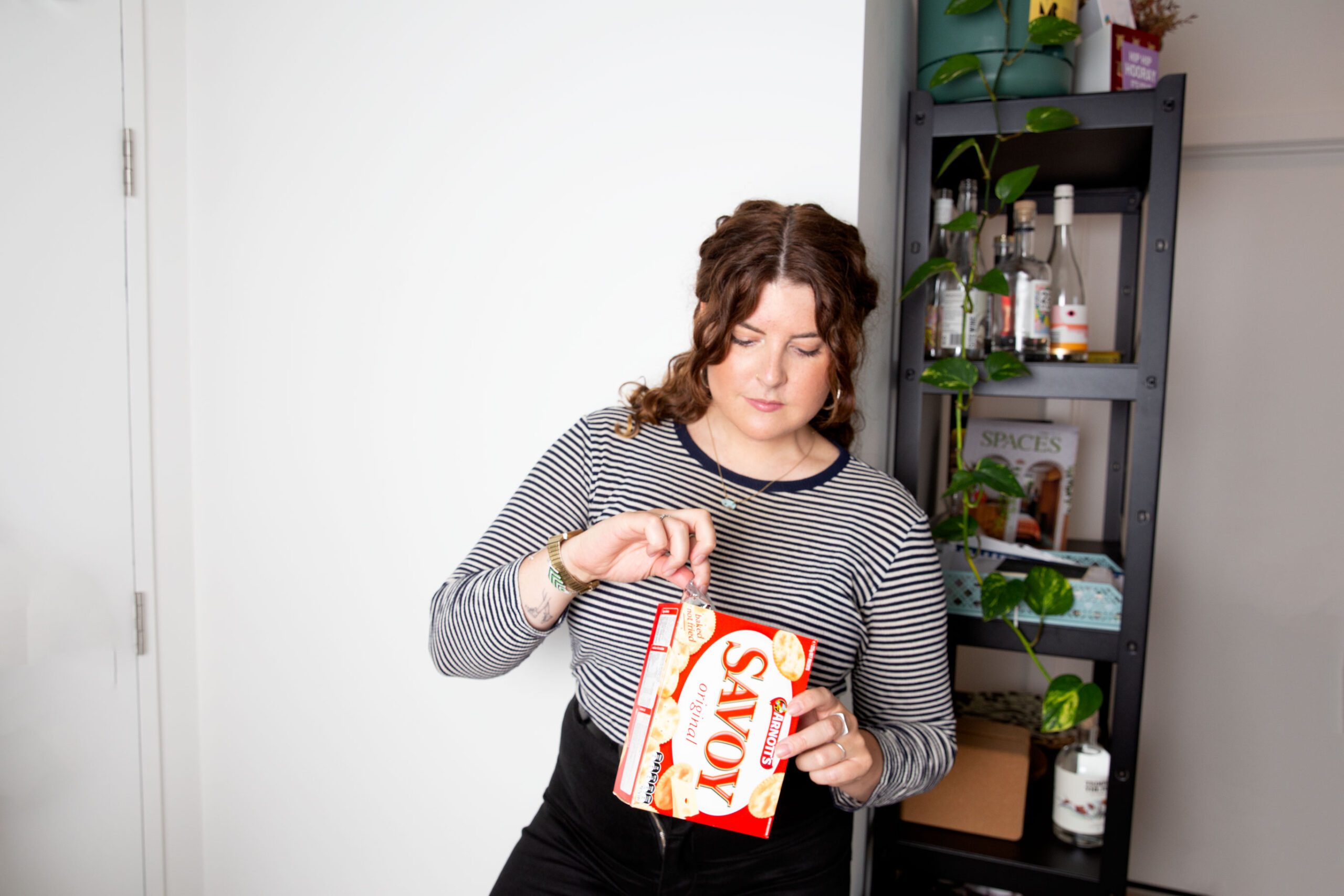

Read this post →
If you’ve ever asked, “Why do I binge eat”? use this article as a starting point to help identify the possible triggers of *your* binge eating
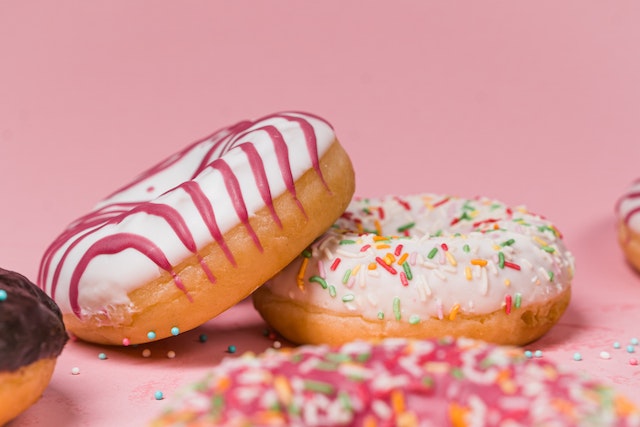

Read this post →
If you’ve experienced binge eating, you’re not alone. Over one million Australians aged between 16-85 have experienced binge eating in their lifetime, with binge eating disorder now being the most common eating disorder. As someone who’s struggled with binge eating for years, I know it can feel impossible to stop. Even with the best intentions […]








